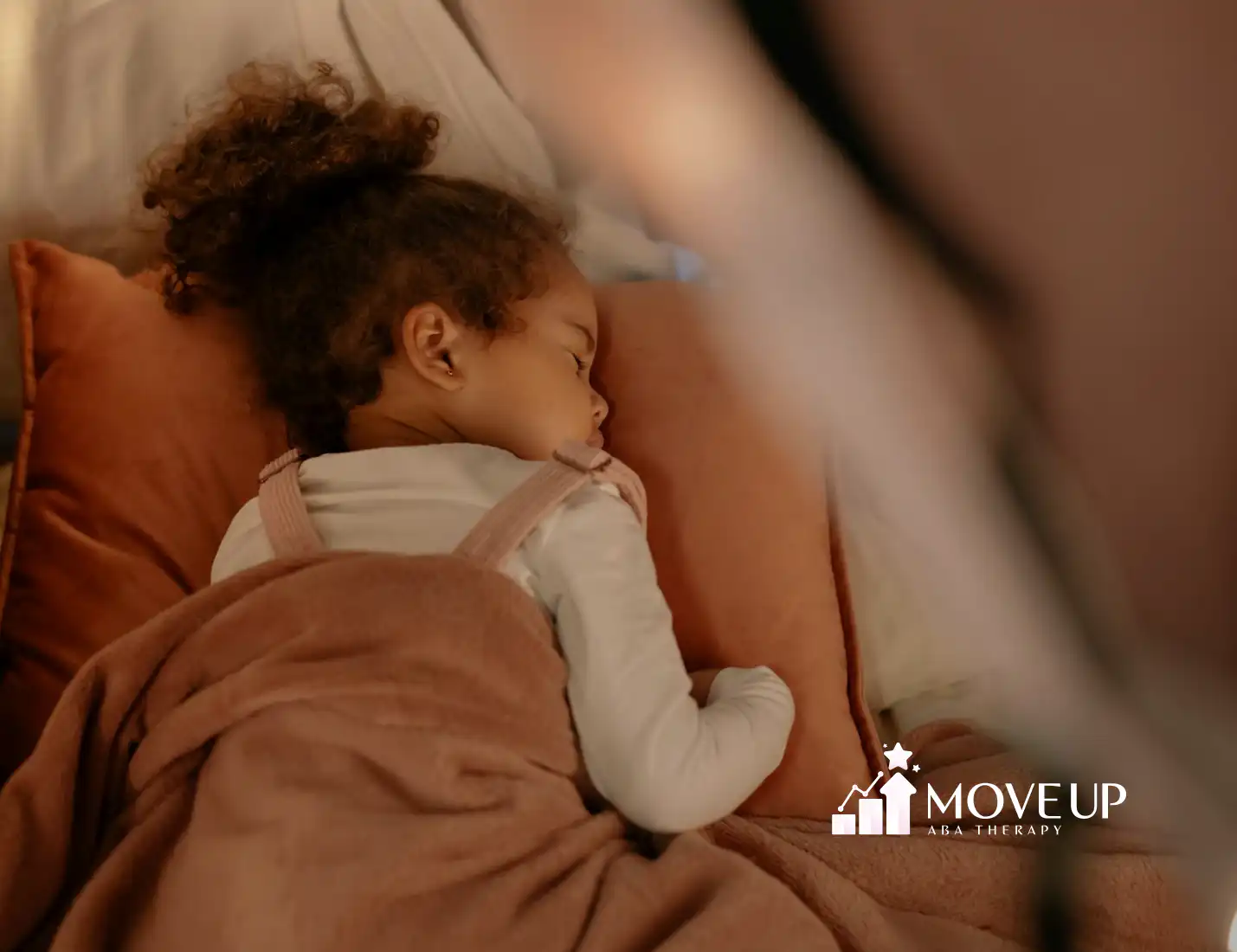Autism is a lifelong neurodevelopmental condition. While children do not technically “outgrow” autism, some may show significant improvement in symptoms over time, especially with early and intensive intervention.
What Does “Outgrowing” Autism Mean?
Some children diagnosed with autism in early childhood may no longer meet the diagnostic criteria as they get older. This is sometimes referred to as an “optimal outcome.” However, this doesn’t mean the autism was cured — rather, the child learned strategies and skills to manage challenges effectively.
What Factors Influence Improvement?
- Early intervention: Therapies like Applied Behavior Analysis (ABA) can support meaningful skill development.
- Individual differences: Autism affects each child uniquely; some may progress more quickly than others.
- Support systems: Consistent support from therapists, educators, and caregivers plays a critical role.
Even when children no longer meet the criteria for an autism diagnosis, they may still experience subtle challenges with social interaction, sensory processing, or anxiety.
Move Up ABA offers personalized, evidence-based therapy plans that help children reach their full potential. Our goal is not to “cure” autism, but to support meaningful progress and independence.
Frequently Asked Questions
1. Can therapy make autism go away?
Therapy can’t cure autism, but it can help children develop essential skills and reduce the impact of symptoms.
2. Is it common for children to lose their autism diagnosis?
It’s rare but possible. A small percentage of children no longer meet diagnostic criteria after years of targeted support.
3. What’s the best age to start autism therapy?
The earlier, the better. Early intervention has been shown to be the most effective in promoting long-term progress.
Sources:
- https://pmc.ncbi.nlm.nih.gov/articles/PMC6789180/
- https://www.autismspeaks.org/autism-diagnostic-criteria-dsm-5




